Why Startups in California Need Virtual CFO Services Now More Than Ever
California is the heart of innovation. From Silicon Valley to San Diego, startups are redefining industries, but behind every great idea is a financial strategy that keeps the business sustainable and scalable. That’s where virtual CFO services come in. Whether you’re bootstrapping or pre-seed funded, having a strong financial partner who understands the startup landscape is no longer a luxury—it’s a necessity.
In our comprehensive guide, we’ll explore:
- What virtual CFO services really mean for startups.
- The financial challenges California-based startups face.
- Why affordability and startup alignment are non-negotiable in early-stage finance.
What Are Virtual CFO Services?
A virtual CFO service provides startups with on-demand access to a seasoned Chief Financial Officer, without the full-time salary commitment. You get executive-level financial strategy, cash flow planning, investor reporting, and forecasting—all delivered remotely by experts who often specialize in startup finance.
But virtual CFO services go far beyond spreadsheets and balance sheets.
They help with:
- Budgeting and forecasting for 12–24 months.
- Pitch deck financials that attract investors.
- Revenue modeling for SaaS, DTC, or marketplace startups.
- Burn rate tracking and strategic runway extensions.
- M&A prep and due diligence for acquisition-ready businesses.
Startups in California especially benefit from virtual CFO services that understand tech, venture capital, and the state’s ever-changing regulatory environment.
Why Startups in California Struggle Without a CFO
Startups often skip financial leadership in the early stages. Founders wear too many hats—CEO, marketer, product manager, and yes, part-time accountant. But without someone truly focused on financial strategy, several problems arise:
- Cash Burn Spiral
You’re growing, but so is your burn. Without clear visibility, you’ll burn out before you break even. Virtual CFO services help predict and extend your financial runway. - Investor Mismatch
Pitch decks without solid financial models? That’s a red flag for investors. A virtual CFO builds investor-grade models with market-aligned KPIs. - Chaotic Books & Compliance Risk
California’s tax regulations, especially around payroll and sales tax, are nuanced. Early-stage errors often lead to penalties. Virtual CFO services proactively prevent these. - No Financial Roadmap
Scaling a team without a hiring budget? Planning product releases without revenue timing? That’s operational quicksand. CFOs keep it strategic.
The California Advantage—And Why You Need Localized Virtual CFO Services
California isn’t just another state—it’s a startup ecosystem.
With hubs in:
- San Francisco Bay Area – High-growth tech and AI startups.
- Los Angeles – Creator economy, fintech, media startups.
- San Diego & Irvine – Health tech, bio-tech, SaaS ecosystems.
- Sacramento & Fresno – Growing agri-tech and clean energy sectors.
Each region has its funding networks, tax incentives, and business frameworks. That’s why hiring generic finance freelancers or agencies from across the country isn’t enough. Virtual CFO services that specialize in California startups know how to navigate:
- California’s employment tax structures
- Local grant and incentive programs
- Specific compliance for venture-backed entities
- Investor expectations in Silicon Valley or SoCal markets
A cookie-cutter CFO service won’t cut it here. You need one that’s built for your zip code, industry, and growth stage.
Key Signs You’re Ready for Virtual CFO Services
Founders often ask, “When should I bring in a CFO?” The truth is: much earlier than you think. Here are 6 signals your California startup is ready for virtual CFO services:
- You’re raising capital and need investor-grade financials.
- Cash flow is unpredictable, even if sales are growing.
- You’re hiring, and unsure of what roles you can afford.
- You’re entering new markets and need expansion models.
- Your bookkeeping is handled, but your strategy is missing.
- You’re applying for grants or startup tax credits.
If any of these resonate, you’re beyond the DIY stage—and it’s time to level up.
How Virtual CFO Services Align with California Startup Culture
The startup hustle in California isn’t just about moving fast—it’s about moving smart.
Virtual CFO services match this energy with:
- Flexible engagement models (part-time, project-based, or fractional).
- Tech-savvy communication tools (Slack, Zoom, Notion).
- Real-time financial dashboards integrated with QuickBooks, Xero, or NetSuite.
- Monthly insights and board-ready reporting for founders who think fast but plan smart.
The beauty is you get seasoned financial leadership without needing to make a full-time C-suite hire, yet all decisions still get a strategic lens.
What Makes Virtual CFO Services “Affordable” for Startups?
Let’s be real. California startups can’t burn $250K+ on a full-time CFO when that cash should go into growth. But affordability doesn’t mean cutting corners—it means:
✅ Paying only for what you need (no bloated retainers)
✅ Tiered packages (by revenue stage or hours/month)
✅ Outcome-based pricing (cash flow forecasting, pitch deck readiness, etc.)
✅ Integration with existing tools (so you don’t rebuild the wheel)
Affordable virtual CFO services understand that startup budgets are tight, but time is tighter, and bad decisions are the most expensive.
Choosing the Right Virtual CFO Partner for Your Startup
Not all virtual CFO services are created equal, especially when you’re a startup founder in California dealing with fast-paced growth, compliance complexity, and investor scrutiny. Choosing the right virtual CFO can make or break your financial foundation.
Here’s how to make the right call.
1. Know What You Actually Need From Virtual CFO Services
Before hiring, get crystal clear on your startup’s current pain points. California-based founders often assume they need someone to “manage finances”—but what does that actually mean?
Here’s a breakdown of virtual CFO scopes:
| Service Category | Common Tasks Handled by Virtual CFO Services |
| Cash Flow Strategy | Runway forecasting, working capital analysis |
| Investor Relations | Financial modeling, pitch deck financials |
| KPI Tracking | SaaS metrics, CAC/LTV, MRR/ARR dashboards |
| Scenario Planning | What-if models for hiring, pricing, growth |
| Board Reporting | Monthly reports and fundraising updates |
| Compliance Oversight | Sales tax, California payroll, 1099 audits |
The best virtual CFO services tailor their scope based on where you are: bootstrapping, pre-seed, or Series A.
2. Qualities to Look for in California-Friendly Virtual CFO Services
If your startup is based in California, look for virtual CFO services that understand the nuances of your region:
✅ Experience in California Regulations
From employment laws to state-level sales tax differences, California has quirks. A local-aware CFO service ensures compliance.
✅ Venture-Backed Startups Background
If you’re fundraising, your CFO must speak the language of SAFEs, cap tables, and dilution math.
✅ Industry Alignment
SaaS startups have different metrics than DTC brands or healthtech startups. Your CFO must know your industry KPIs.
✅ Tools & Tech Fluency
Virtual CFO services should integrate with your tech stack: QuickBooks, Gusto, Stripe, Expensify, Bill.com, etc.
✅ Time Zone & Communication Fit
If your CFO is in New York and only responds by email, good luck. California startups need real-time Slack access, async reports, and Zoom meetings that match PST hours.
3. How to Vet Virtual CFO Services Like a Pro
You wouldn’t hire a head of growth without due diligence. Treat your virtual CFO services the same way. Ask these questions before signing any contract:
- How many California-based startups have you worked with?
- Can you share real startup case studies or testimonials?
- Do you offer tiered pricing for early-stage startups?
- How do you handle tax season and compliance coordination?
- Do you create financial models tailored for investor fundraising?
- What’s your average response time and communication method?
- Can you collaborate directly with our bookkeeper or accounting firm?
If the answers are vague or overly templated, keep looking.
Great virtual CFO services are proactive, founder-friendly, and show their value before they send a proposal.
4. Common Red Flags in Virtual CFO Services
- Generic Proposals — If they don’t ask about your business model or funding stage, run.
- No Forecasting Models — A real CFO offers strategy, not just reports.
- Too Many Clients Per CFO — You’ll become a ticket number.
- No California Tax Experience — This is non-negotiable. State-level compliance matters.
- Rigid Contracts or No Trial Period — Flexibility is critical at the early stages.
Your startup deserves a financial partner, not a financial bottleneck.
5. Top Virtual CFO Services for Startups in California [Compared]
Here’s a side-by-side look at some popular virtual CFO services currently supporting California-based startups:
| Provider | Best For | Pros | Cons |
|---|---|---|---|
| Kruze Consulting | VC-funded tech startups | Startup-specific, pitch prep, compliance | Higher cost for early-stage |
| Pilot | SaaS, DTC | Tech-forward, bundled with bookkeeping | Less customized forecasting |
| AirCFO | Remote teams & Y Combinator grads | Startup-specific tools, great dashboards | Best for $500k+ ARR startups |
| Ignite Spot | Early-stage startups | Affordable plans, solid financial coaching | Limited CA tax support |
| Acuity | Growth-stage teams | Broad scope, CFO + bookkeeping | May lack startup metrics expertise |
| Fractional CFOs via Upwork/Bench | Budget-constrained founders | Cost-effective, flexible hours | Quality and reliability vary widely |
Make sure you choose virtual CFO services that match your stage, industry, and funding path.
6. Virtual CFO Services vs. Bookkeepers vs. Accountants
Many founders confuse these roles. Here’s the difference:
| Role | What They Do | What They Don’t Do |
|---|---|---|
| Bookkeeper | Records transactions, reconciles bank accounts | Doesn’t forecast or advise |
| Accountant | Handles taxes, prepares P&Ls | Doesn’t offer strategy or fundraising help |
| Virtual CFO | Forecasts, plans, advises, and presents to investors | Doesn’t handle day-to-day data entry |
Think of virtual CFO services as the bridge between raw financial data and intelligent decision-making. They sit beside you during investor calls, not just behind a spreadsheet.
7. Why Founders Who Delay CFO Help Regret It Later
Here’s a pattern seen over and over again in California startups:
- You focus only on growth, not margins.
- You raise money but can’t explain cash burn to your board.
- You launch in new markets but miss tax registrations.
- You hire, but can’t afford the team for 6 months.
- You exit—or attempt to—without due diligence readiness.
A strong virtual CFO service prevents all of this.
Startups that invest in financial strategy early almost always outperform those that try to “figure it out later.”
What’s Actually Included in Virtual CFO Services?
When California founders think about hiring virtual CFO services, one of the first questions is: What will I actually get? That’s a fair question, especially when you’re balancing costs against growth goals.
Here’s a breakdown of what’s typically included in comprehensive virtual CFO services for startups:
1. Financial Planning & Forecasting
Your startup needs to make decisions before the numbers come in. That’s where a CFO-level forecast matters.
Included:
- 12 to 24-month rolling forecasts
- Burn rate calculations
- Scenario modeling (“What if we hire 3 devs next quarter?”)
- Strategic spend plans aligned with growth KPIs
Why it matters: Investors want to know what’s coming, not what already happened.
2. Fundraising Support & Investor Readiness
For California startups chasing angel rounds, pre-seed, or Series A, this is gold.
Included:
- Custom pitch-deck financials
- Cap table guidance
- Valuation modeling (pre-money/post-money clarity)
- Investor Q&A prep
Virtual CFO services can even sit in on fundraising calls, answering tough questions around runway, churn, and scaling margins.
3. KPI Monitoring & Dashboard Setup
Numbers don’t lie—but founders often don’t track the right ones. A good virtual CFO builds your financial dashboard for daily, weekly, and monthly visibility.
Included:
- CAC, LTV, Churn, Gross Margin, ARR/MRR
- Benchmarks for your industry and stage
- Integrated dashboards via Google Sheets, Notion, or tools like LiveFlow
Why it matters: You can’t grow what you don’t track.
4. Monthly Reporting & Board Communication
California investors are metrics-obsessed. Monthly board packs are the norm in funded startups.
Included:
- Budget vs actuals
- Financial health scorecards
- Board-ready summaries with insights, not just spreadsheets
- Commentary and action steps based on trends
Great virtual CFO services help you tell a story with your numbers, especially in boardrooms.
5. Compliance, Audit & Tax Coordination
Especially in California, tax laws change quickly and affect startups hard. While CFOs don’t file taxes, they coordinate and prevent chaos.
Included:
- Working with your accountant to prep for filing
- Preparing 1099 audits and R&D tax credits
- Ensuring sales tax registration in all relevant states
- Payroll tax and benefits cost forecasting.
Why it matters: Many startups fail due to financial missteps, not product problems.
Pricing Breakdown: How Much Do Virtual CFO Services Cost?
Here’s what most California startups want to know:
“What do virtual CFO services really cost—and can we afford them?”
Great question.
Common Pricing Models:
| Model | Description | Startup Fit |
|---|---|---|
| Hourly | Pay-as-you-go for small projects or check-ins | Great for early pre-seed |
| Monthly Retainer | Ongoing support, set hours per month | Ideal for funded startups |
| Project-Based | Flat fee for fundraising or model building | Good for raise-prep stage |
| Tiered Package | Price based on revenue or team size | Scales with you |
Average Pricing in California
| Stage | Monthly Cost Range | Included Services |
|---|---|---|
| Pre-Seed (No Revenue) | $500–$1,200/month | Forecasting, basic KPIs, investor prep |
| Seed ($10K–$50K MRR) | $1,500–$3,000/month | Full suite CFO support + board reporting |
| Series A+ | $3,500–$7,000/month+ | Deep analysis, team support, M&A prep |
Important: You can always start light and scale up as needed. Many virtual CFO services offer flexible engagement that grows with your startup.
Final Checklist Before You Hire a Virtual CFO Service
Before onboarding, you need a few ducks in a row to get the most out of your virtual CFO services:
✅ Clean Books
Your books don’t have to be perfect, but they should be reconciled and current.
✅ Defined Business Model
CFOs work best when you’ve locked in your monetization path.
✅ Tech Stack Access
Grant access to QuickBooks, Stripe, Gusto, etc., to enable deeper analysis.
✅ Defined Goals
Are you raising? Planning hiring? Exploring pricing changes? Be clear about why you’re hiring a CFO.
✅ Expectations Set
Define communication cadence, deliverables, and collaboration style upfront.
When Is the Right Time to Hire Virtual CFO Services?
If you’re still wondering, here’s a quick test. You need virtual CFO services if:
- You’re growing faster than your finances can track.
- You’re planning a fundraiser within 6–12 months.
- You need a forecast to secure financing or new hires.
- You’re getting board questions you can’t answer.
- You’ve outgrown bookkeeping-only support.
Don’t wait until cash is tight or investor confidence is shaky. Financial leadership is something you grow into, not something you scramble for.
Final Thoughts: The Competitive Edge of Virtual CFO Services in California
Startups that invest in virtual CFO services don’t just survive—they lead. In a state like California, where competition is fierce, fundraising is frequent, and burn is real, strategic finance isn’t optional.
From San Francisco SaaS founders to LA-based DTC brands and San Diego healthtech pioneers, virtual CFOs are shaping decisions, keeping startups compliant, and increasing exit potential.
If you’re a founder asking,
“Should I wait until I’m bigger to hire a CFO?”
Flip the question:
“Can I afford to make expensive decisions without one?”
Start lean. Scale smart. Lead with numbers.
Because the best startups don’t just have great ideas—they have a financial strategy to match.

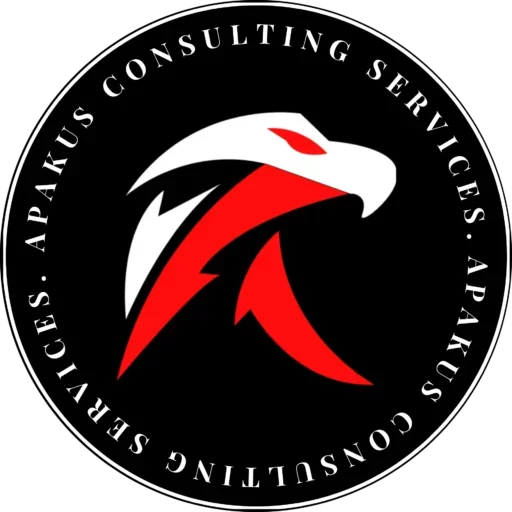
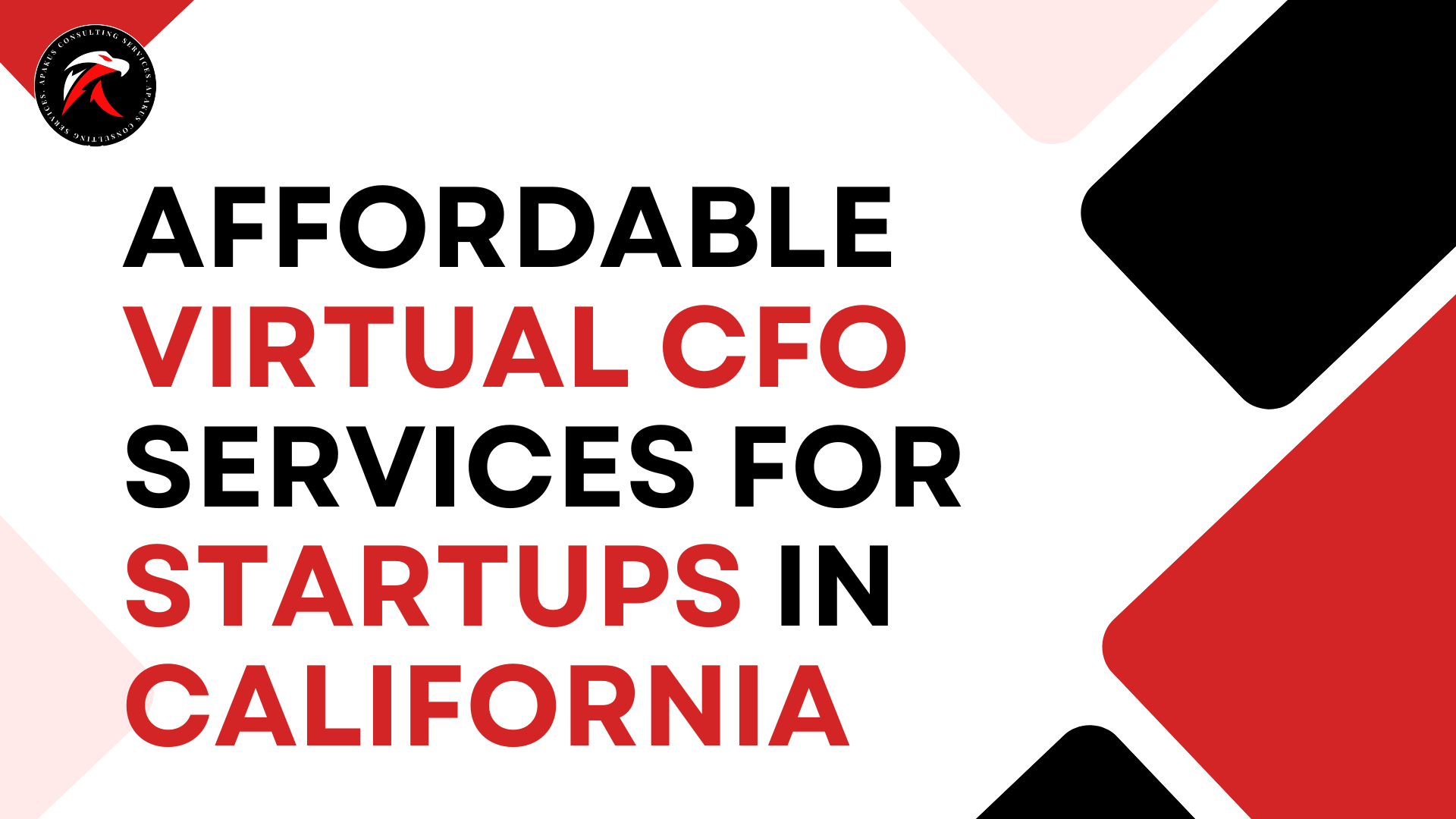


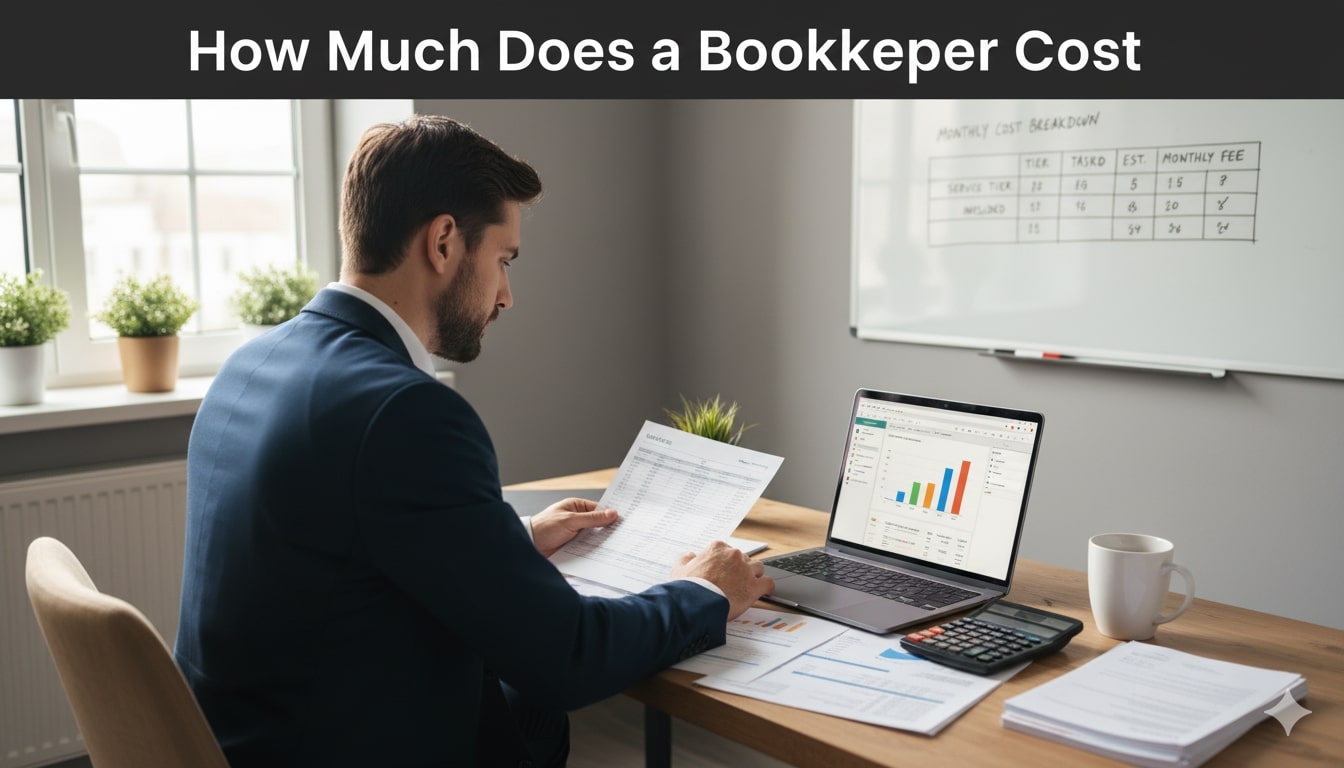

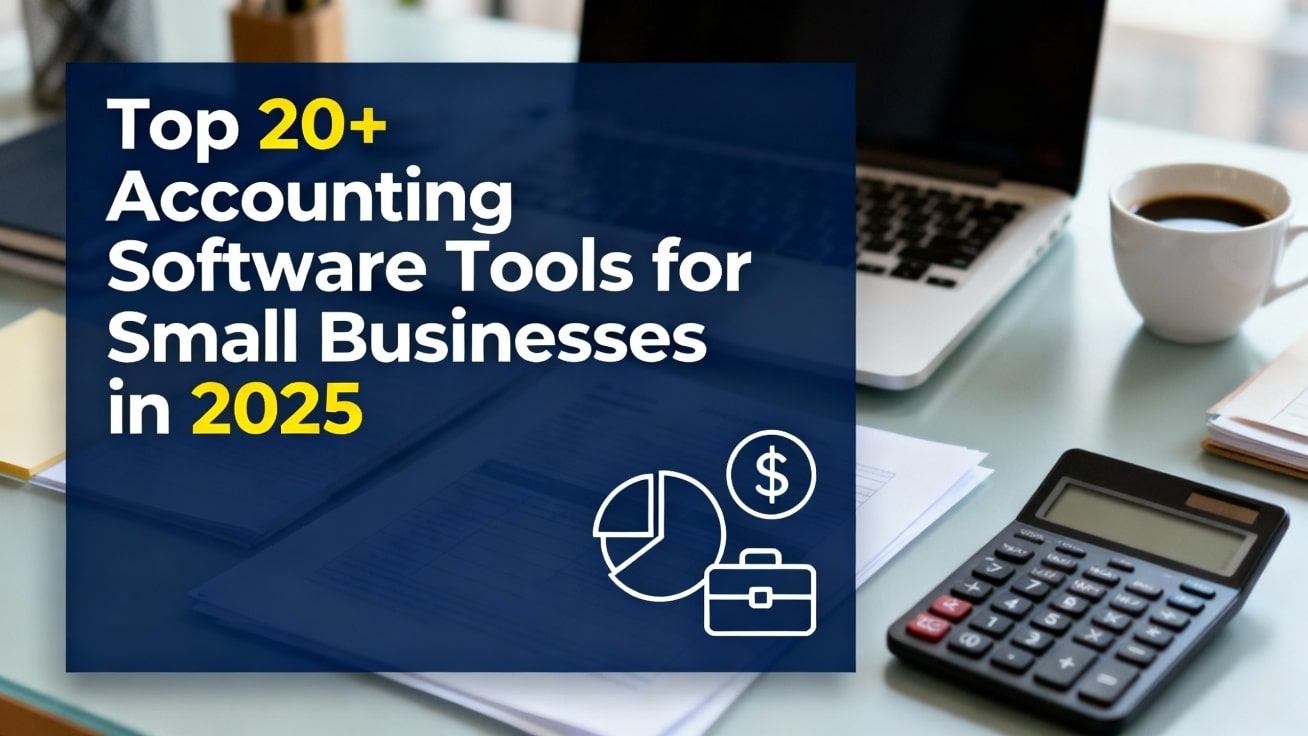
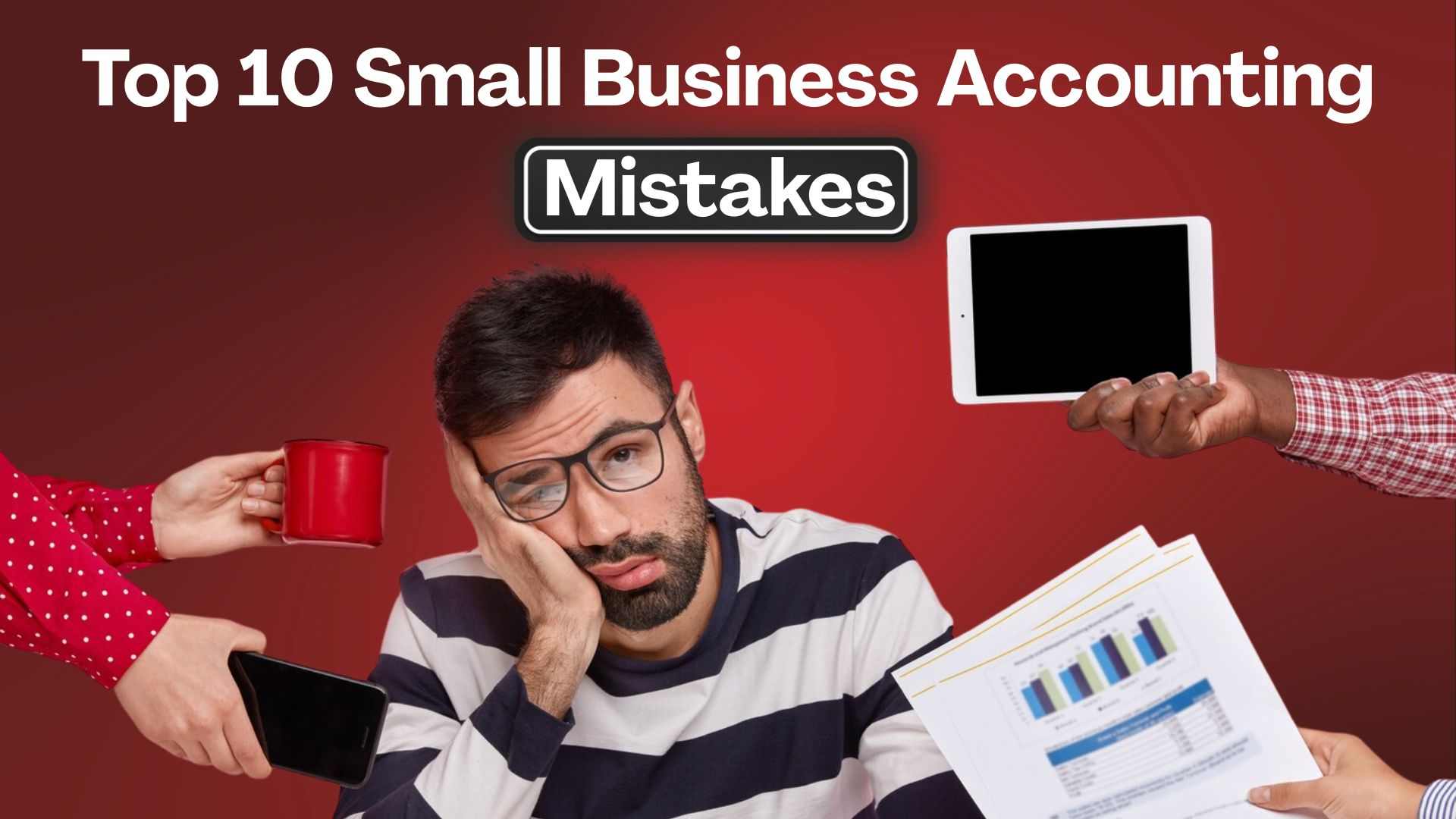

 447 Broadway, 2nd Floor, Suite 2531, New York, NY 10013, USA
447 Broadway, 2nd Floor, Suite 2531, New York, NY 10013, USA 20 Wenlock Road, London, N1 7GU, UK
20 Wenlock Road, London, N1 7GU, UK
